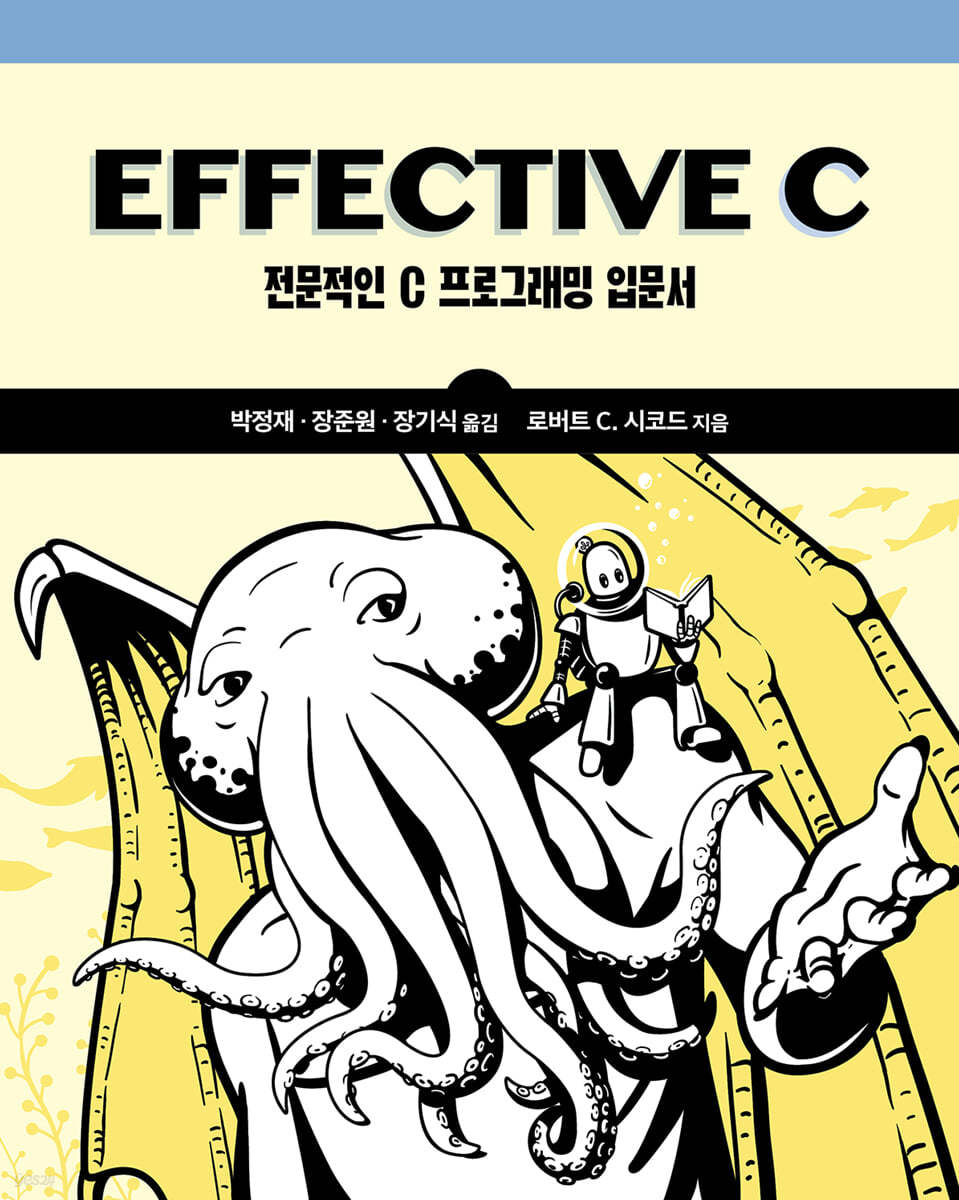
고급C프로그래밍
Advanced C Programming
INFO2104 • 2023년 2학기 • 한밭대학교
시간이 지나도 변하지 않고 컴퓨팅 세계의 기반을 강화하는 데 도움이 되는 전문적이고 안전하며 이식 가능한 C 코드를 작성하는 방법을 알아본다. C와 C 표준 라이브러리를 사용하는 모범 사례와 사용 중에 발생할 수 있는 일반적인 오류 등을 배운다. C 프로그램을 디버깅하고 테스트하고 분석하는 방법도 배운다.
- C 프로그램에서 정의되지 않은 동작을 식별하고 처리할 수 있다.
- 정수 및 부동 소수점 값의 범위 및 표현을 이해할 수 있다.
- 동적 메모리 할당이 작동하는 방법과 비표준 함수를 사용할 수 있다.
- 문자 인코딩 및 형식을 사용할 수 있다.
- C 표준 스트림 및 POSIX 파일 설명자를 사용해 터미널과 파일 시스템에서 I/O를 수행할 수 있다.
- C 컴파일러의 번환 단계와 전처리기의 역할을 이해할 수 있다.
- C 프로그램을 테스트하고 디버그하며 분석할 수 있다.
Students will learn how to write professional, safe, and portable C code that doesn’t change over time and helps strengthen the foundations of the world of computing. Learn best practices for using C and the C standard library, as well as common errors you may encounter while using it. You will also learn how to debug, test, and analyze C programs.
- Able to identify and handle undefined behavior in C programs.
- Able to understand the range and representation of integer and floating point values.
- Able to understand how dynamic memory allocation works and non-standard functions can be used.
- Able to understand how character encoding and format can be used.
- Able to perform I/O on terminals and file systems using C standard streams and POSIX file descriptors.
- Able to understand the translation steps of the C compiler and the role of the preprocessor.
- Able to test, debug, and analyze C programs.
Textbooks / 주교재

|
|
|---|---|
|
|
|

- Instructor Aaron Snowberger
- Email: aaronkr.trainer@gmail.com
- KakaoTalk: 카카오톡 오픈채팅
Aaron Snowberger is a PhD candidate majoring in Information and Communications Engineering at Hanbat National University in Korea. He also holds degrees in Computer Science and Media Design. He has taught high school technology courses for over 6 years, and has built dozens of web applications with Node and Express. His current research interests include computer vision, natural language processing, image processing, signal processing, and machine learning.
Aaron Snowberger는 한밭대학교 정보통신공학과 박사과정 수료했으며, 컴퓨터 공학 및 미디어 디자인 학위를 보유하고 있습니다. 그는 6년 이상의 고등학교 기술 교육 과정을 가르치고 있으며, Node 및 Express를 사용하여 수십 개의 웹 애플리케이션을 구축했습니다. 현재 연구 관심사는 컴퓨터 비전, 자연어 처리, 영상 처리, 신호 처리 및 기계 학습입니다.
Announcements
| Sep 1, 2023 | 1주차 과제: 카카오톡 오픈채팅에 참여하고 책을 준비하세요. |